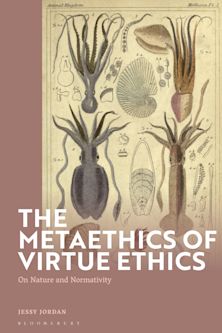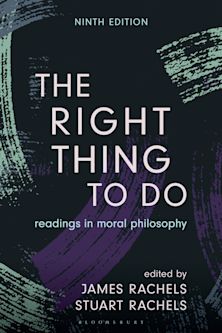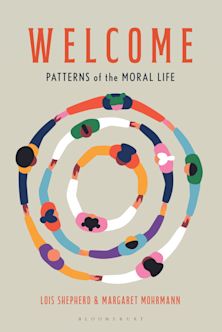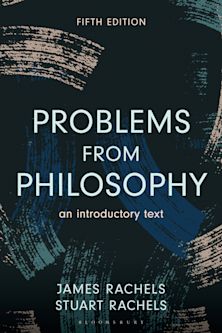- Home
- ACADEMIC
- Philosophy
- Ethics and Moral Philosophy
- Joss Whedon as Philosopher
Joss Whedon as Philosopher
This product is usually dispatched within 1 week
- Delivery and returns info
-
Free US delivery on orders $35 or over
You must sign in to add this item to your wishlist. Please sign in or create an account
Description
In this book, Dean Kowalski argues that filmmakers can “do” philosophy when creating a fictional narrative film, and utilizes a careful and extensive analysis of Joss Whedon’s fictive creations—Buffy the Vampire Slayer, Angel, Firefly, Dollhouse, and The Cabin in the Woods (among others)—to establish this thesis.
This book appeals to many different readers. For the many admirers of Whedon’s fictive creations, it offers one of the most comprehensive analyses of his corpus. It reprises many examples and dialogue passages from the far corners of the so-called “Whedonverse.” You’ll get a chance to re-experience your favorite dramatic moments, and think about them in novel ways. For popular culture scholars, it offers illustrations of various philosophical theories, explains how those theories pertain to relevant data points in Whedon’s oeuvre, and assesses whether, or to what extent, they have real-world application. For philosophers of film, it explicates crucial issues germane to the film-as-philosophy debate, but also expands them to television—all in the attempt to demonstrate why it is that Whedon ought to be included among those rare filmmakers who engage the philosophical process via their artistry.
Table of Contents
Dedication
Introduction
Photo Credits and Captions
Part I: Philosophy in the Whedonverse
Chapter 1: Seeking Authenticity in the Whedonverse
Chapter 2: On Being Horrible (and an Angel)
Chapter 3: Ethics in an Atheistic Whedonverse
Chapter 4: Religious Ambivalence in the Whedonverse
Chapter 5: Freedom of the Will: A Whedonverse Paradox (or Not)
Part II: Film-as-Philosophy, Whedonesquely
Chapter 6: Mulhall and His Detractors
Chapter 7: The Russell-Wartenberg Debate
Chapter 8: Exploring The Cabin in the Woods
Chapter 9: Angel, Angelus, and Personal Identity
Conclusion: The Whedonverse, Television, and Philosophy
Bibliography
Product details
| Published | Nov 29 2017 |
|---|---|
| Format | Hardback |
| Edition | 1st |
| Extent | 278 |
| ISBN | 9780739196656 |
| Imprint | Lexington Books |
| Illustrations | 20 BW Photos |
| Dimensions | 9 x 6 inches |
| Series | The Philosophy of Popular Culture |
| Publisher | Bloomsbury Publishing |
About the contributors
Reviews
-
Dean Kowalski’s Joss Whedon as Philosopher confirms what we have long suspected, that there is a great deal of philosophical gold to be mined from the Whedonverse. Kowalski expertly guides the reader through the many philosophical insights and provocations that can be found in Whedon’s works, from Buffy, Angel and Firefly, to the Avengers films, Cabin in the Woods and Dollhouse. He shows how Whedon’s creations have much to tell us about authenticity and the good life, rights and personhood, ethics and religion, free will and determinism, and more besides. In the second part, the book offers some meditations of its own on the very idea of film (and television) as philosophy – all the better to confirm that Whedon can readily be numbered among those who, in the act of filmmaking, actually do philosophy.
Chris Falzon, University of Newcastle



































